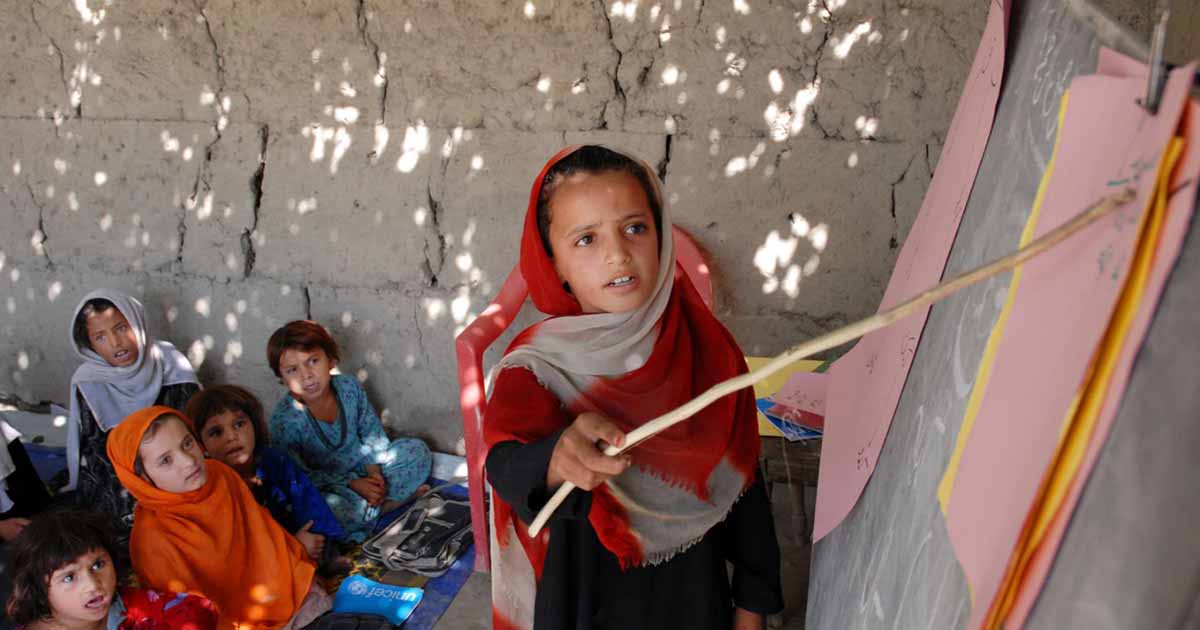Child marriage remains a widespread and harmful practice in Pakistan, where an estimated 19 million girls have been married before turning 18. This staggering figure places Pakistan sixth globally in terms of child brides. Nearly half of these girls become pregnant before adulthood, exposing themselves and their babies to severe health risks. Education is another casualty—only 13% of married girls complete secondary school, compared to 44% of their unmarried peers. The consequences ripple across generations, perpetuating cycles of poverty, illiteracy, and gender inequality.
To confront this grim reality, the United Nations Children’s Fund (Unicef) has launched a compelling video campaign featuring its National Ambassador for Child Rights, Saba Qamar. The campaign urges communities to speak out against the practice and calls for structural reforms that protect children’s rights. With powerful visuals and clear messaging, the video seeks to ignite public discourse around the issue and push for meaningful change.
Saba Qamar’s Call for Action
Saba Qamar’s presence in the campaign brings both emotional weight and celebrity attention to a pressing social issue. In the video, she asks, “Why should any child in Pakistan be forced into a marriage and a future they did not choose?” Qamar’s voice cuts through apathy with a message of urgency and hope. She recounts her experience in Sujawal, Sindh, where she witnessed firsthand how early marriage can limit the futures of young girls.
She also shares the story of 14-year-old Anam Nazir, a youth champion who stopped three child marriages in her community. “I am proud to lend my voice to this campaign, for all the girls, and sometimes boys too, who suffer behind closed doors,” Qamar says. Her advocacy not only raises awareness but also highlights the grassroots activism already taking place across Pakistan.
Read More: Pakistan’s Field Marshal: Who Changed the Stars…
Understanding the Root Causes
The persistence of child marriage is deeply tied to structural poverty, entrenched gender norms, and rigid societal expectations. As Unicef’s Pakistan Representative Abdullah Fadil puts it, “We cannot allow the circumstances a child is born into dictate their entire futures.” In many communities, marriage is wrongly seen as a solution to poverty or a way to protect family honor. But this solution comes at an irreparable cost to the child’s health, education, and independence.
Fadil stresses the importance of comprehensive reforms, including legal enforcement, cultural transformation, and increased investment in girls’ well-being. “How can Pakistan succeed when half the team is left on the sidelines?” he asks. The campaign encourages Pakistan to recognize that national progress is only possible when all citizens, especially girls, are allowed to reach their potential.
Building Momentum for Reform
The campaign is part of a wider strategy coordinated by Unicef in partnership with UNFPA, UN Women, and local governments. Among the key objectives are raising the minimum legal marriage age to 18 across all provinces and engaging communities through dialogue-based outreach. The recent decision by the Islamabad Capital Territory to raise the legal age, following Sindh’s example, is seen as a positive step. Unicef is calling on all remaining regions to follow suit.
Campaigns like Bolo (Speak Up) are also gaining traction, emphasizing the importance of community engagement and youth-led activism. Through such efforts, Unicef aims not only to change laws but also to shift attitudes, creating a society where every girl can grow, learn, and lead.













